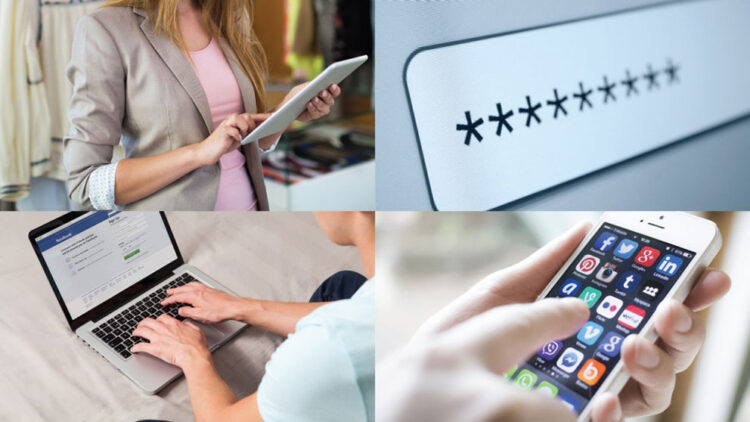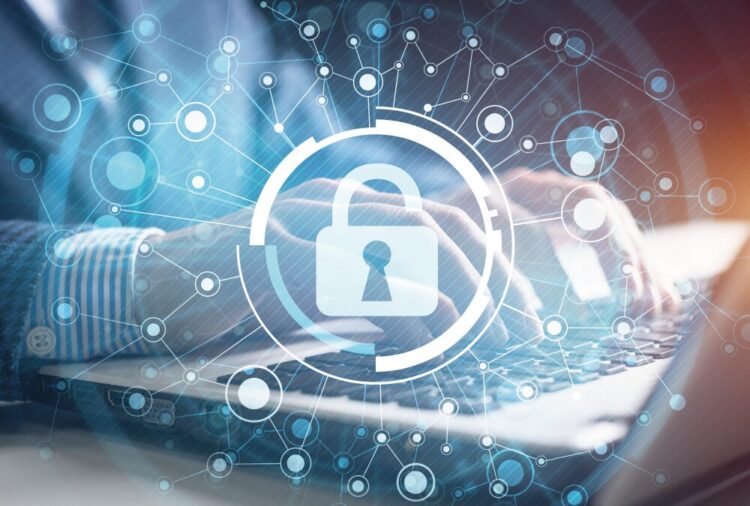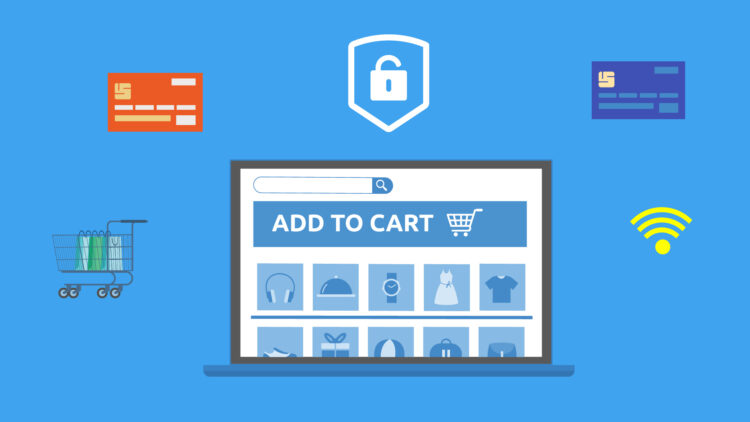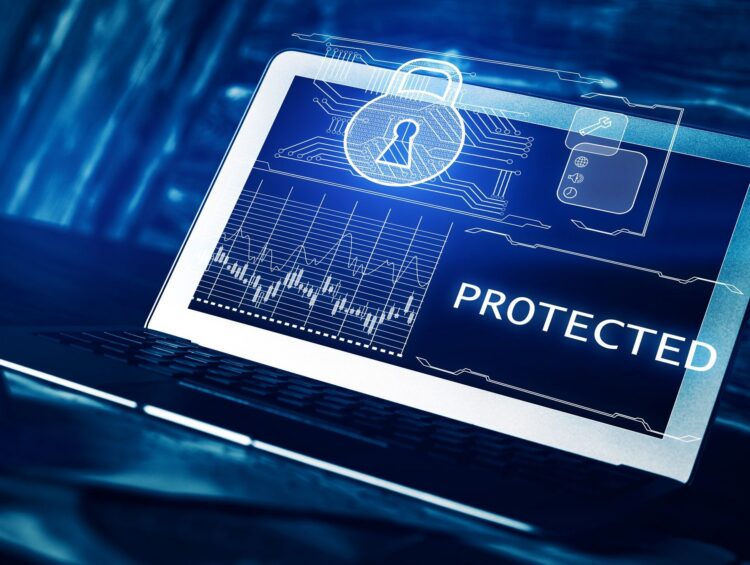We’re all spending more time than ever online and data protection and security is becoming increasingly more important. With that in mind, let’s take a look at 11 of the best ways in which you can stay safe online and have a great experience whether you’re browsing, shopping, or gaming with friends.
Table of Contents
1. Keep personal information online to an absolute minimum

Whether it’s applying for a job, or simply for online shopping the amount of information you share online should be kept to a minimum. In the case of the former, you should never share your personal information with potential employers until it reaches the stage of an actual job offer. Never share anything relating to your personal relationships or your home address. You should only ever give personal information to websites and people you trust and after thorough research on your part.
2. Privacy settings must always be on
Make sure that your web browsers, smartphones, and laptops always have privacy settings that are ironclad. Likewise, when you visit websites that offer enhanced privacy settings – use them to protect yourself further. Always keep them enabled – especially if you’re a regular social media user and browse the sites a lot during the day or in downtime.
3. Choose gaming sites safely

If you’re a regular gamer then it’s imperative to be really savvy about the kind of sites you choose to play games on, whether it’s casino slots or live roulette. Always look for great recommendations from fellow players you trust and never give any financial details over to sites that are not secure and don’t have a customer service hub, phone number, address, and email to contact in the event something goes wrong. Mistakes like these can be costly and you don’t want to lose money, time, or energy on trying to recoup losses when a little bit of proper research would have helped you.
4. If something looks suspicious, it probably is!
Trust your instincts. If a website doesn’t look right, it normally isn’t! There’s something innate that makes you alert to this. It’s the same in real life – you know there are probably areas in your home town that you’d avoid because they’re not safe, it’s the same online. Hackers don’t care about you, or your information and they’ll find ever more sophisticated ways to reel you in. Sometimes people can be tempted by content that looks a bit too good to be true and might let their defences slip – one lapse in concentration could leave you vulnerable to attack!
5. Ensure that your internet connection is always secure

If you have to use the internet in a public space, you’ll have even less control over it’s security and settings. If you can avoid it and wait until later, do so – but if it’s completely unavoidable download and utlilize a VPN for added protection and safety when out and about (though they’re great to have on your devices at home as well). Always make sure it’s enabled before you give any financial information or other personal details.
6. Be savvy with downloads
Watch what you’re downloading and only use sites you know and trust – or have had recommended to you by people in the know. Hackers can use malware to ‘attack’ your computer and steal your private information. They can often be cunningly disguised as apps, or games – or even something that can be used to check the news or weather where you are. Avoid anything that looks suspicious or that has come from a site that doesn’t look reputable.
7. Opt for clever and strong pa$$w8Rds
And – no…please don’t use that one! Be smart and savvy with your password choices. Choose something strong, or opt for the stronger options that sites offer you and save them to your device securely using a keychain and password manager. Thieves and cyber attackers find ways to guess passwords and if you use the same one for every site you visit then – you’re in a lot of trouble if your security is compromised. A strong password is complex and completely unique. It must be at least 15 characters long and contain a varied mix of characters, letters and symbols.
8. Only shop from secure sites

When you’re shopping online you’ll be asked to hand over lots of personal information – including debit and credit card details. These are, as you can imagine, the dream of cybercriminals! Only give these details to sites that provide secure, encrypted connections. Want to know how to identify a secure site? Look for an address that begins with https: (the s there stands for secure) rather than simply http: Secure sites will also have a padlock next to their security bar.
9. Be choosy over what you share when you post to social media
Once you’ve posted something online – it’s pretty much there for good. What you post online, stays online – especially on social media sites. Think about what you’re posting before you do, could it be looked upon unfavourably by a future employer? Could it even be harmful to you people you know? These are important questions to ask before posting anything.
10. Stranger danger
It’s amazing this still needs to be said in 2024, but people online can sometimes…lie…and occasionally you’ll meet a rogue who isn’t real, or is a liar and fraud. Fake social media profiles draw people in, and they’re getting even more sophisticated than ever before. Be as cautious and sensible in your online social life as you would in your real life and avoid the scammers. Block and report is the best way to go with anyone you’re suspicious of.
11. Antivirus programs still matter!

A lot of people don’t bother with antivirus software these days, but internet security can’t protect against every single threat. Therefore it makes sense to have a basic antivirus program for your computers. It’ll remove malware and keep you protected against threats. Stay on top of it, keep it updated and run it once a week to check for any new security issues that might be a concern.
